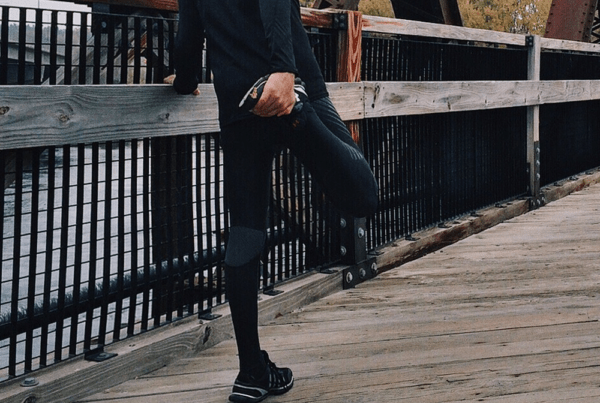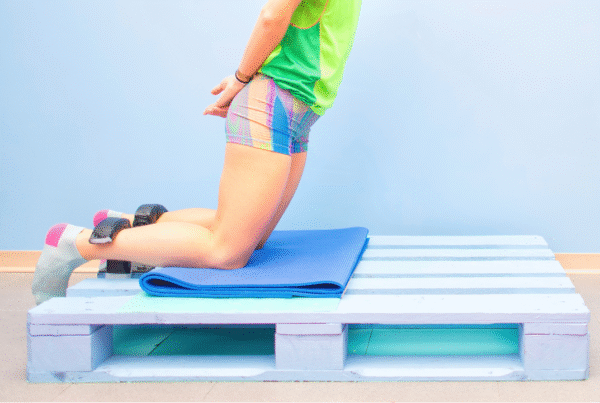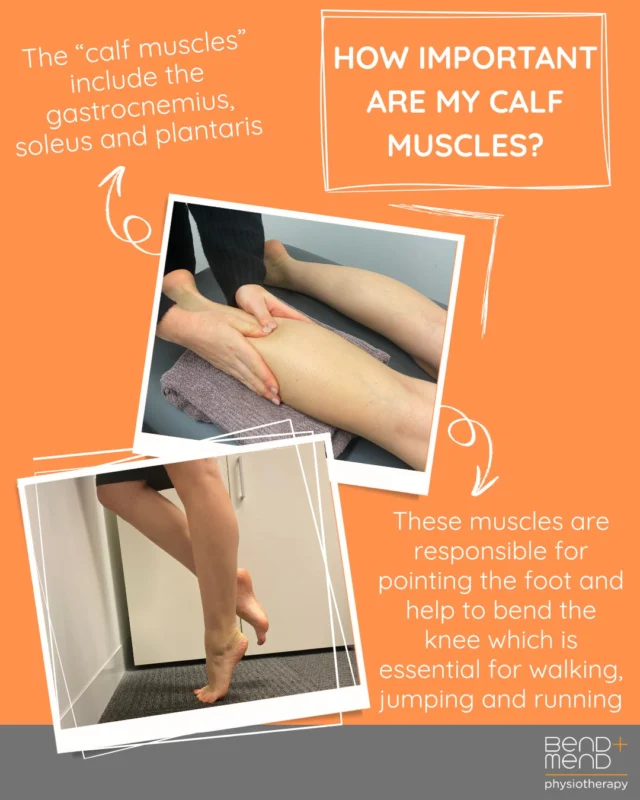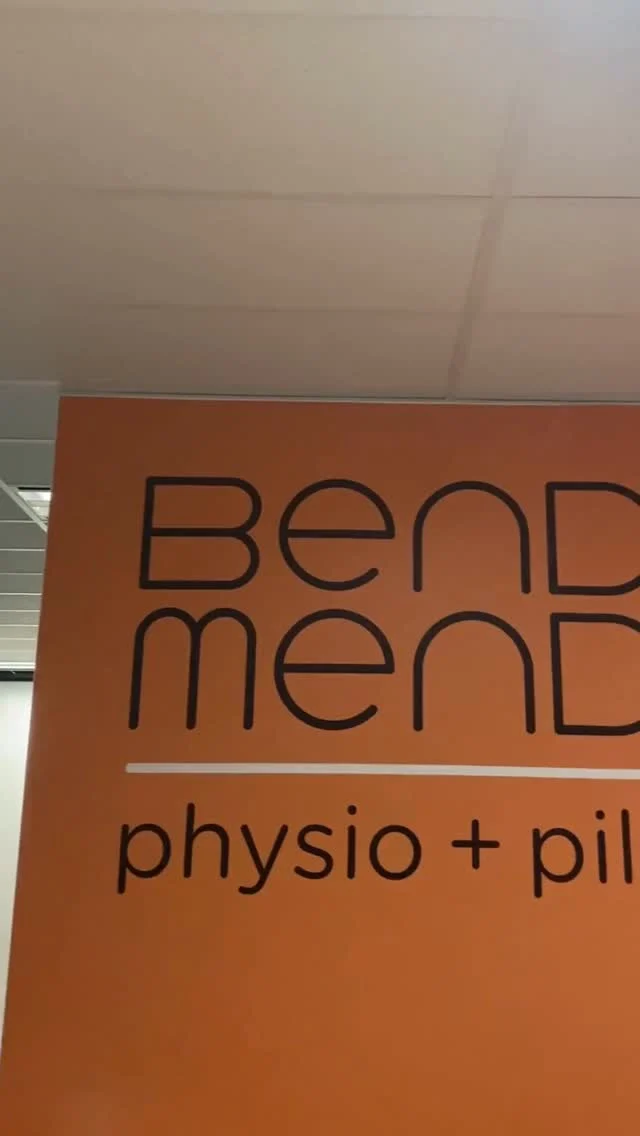As the gyms have opened some of us are sprinting (literally) back to the gym. Days of watching a YouTube exercise class while eating chips (just me?) are over and we can finally use equipment that doesn’t just fit into a box near the couch. Maybe you are just sprinting to the pub and your picnic days, of ants and dogs eating your food, are over. Whatever your dream for post lockdown life, here are five steps for returning to “normal.”
1. Start slow: You may remember the weight you used to lift before lockdown. Instead of returning to your previous weight, or even subtracting an arbitrary percentage off, use your sense of difficulty as a guide. We have all gone through different levels of activity or lack thereof during the past few months. Some of us have been able to train others were unable or struggled with motivation (living through a pandemic is no easy task!) so try using YOUR Rate of Perceived Exertion (RPE) to guide your intensity and repetition for the first few weeks. For example, a 1/10 difficulty would mean you could comfortably lift that weight for ten or more reps without difficulty. A 9/10 difficulty would mean you can only do one more repetition at that weight. Start low at an RPE of 1-3 for the first week or two and give yourself ample time to assess how you feel after training and recovery.
2. Enjoy the process: Many people are reporting post-lockdown anxiety and feelings of unease re-emerging into public spaces. This is not a time to be too hard on yourself if you miss a class or take an extra rest day. If all your mates are heading to the pub and you are feeling a bit reclusive it’s totally fine to take a miss. Just because the opportunity is there does not mean you need to take it. Opting for a day inside watching a movie is a valid excuse. Bears do not come out of hibernation full throttle; they step their toes out slowly and take time to readjust.
3. Prioritise your sleep: All of a sudden people are around you, there is traffic on the road and shops open. All this stimulus can be overwhelming even if we don’t realise it. Our brain is taking on a lot more information than it was when we were at home working at our desks. Not only is the stimulus higher but we have gone through a global pandemic together, it has been physically and emotionally exhausting. It is natural to feel a bit more tired and overwhelmed. Take the next few weeks to prioritize sleep and recovery whether its going to bed early or a hot bath at night.
4. Check in with the Professionals: If you are heading back to gym, it might be a good idea to check in with a personal trainer or Physio to ensure you form is good and you’re ready to go. Many of us were more sedentary and experienced neck and back pain during lock down and some may have put off seeing a Physio or Doctor to avoid going out. Now that things have eased, and our vaccination rate is hig,h it’s a good time to check in with the health professionals and get those long needed check-ups done.
5. Things have changed. Social distancing, masks and check ins will likely remain in place for the months ahead. It is useful to keep this in mind and practice patience and compassion with everyone around you. You’ll likely be asked for vaccination status at stores or appointments so have it ready to show. Some people might have high levels of anxiety as things open so it’s a great time to continue to practice patience and understanding.
Our Physio’s here at Bend + Mend in Sydney are ready to help you out as you emerge from lockdown. Everyone’s situation is different and we love being part of the journey.





